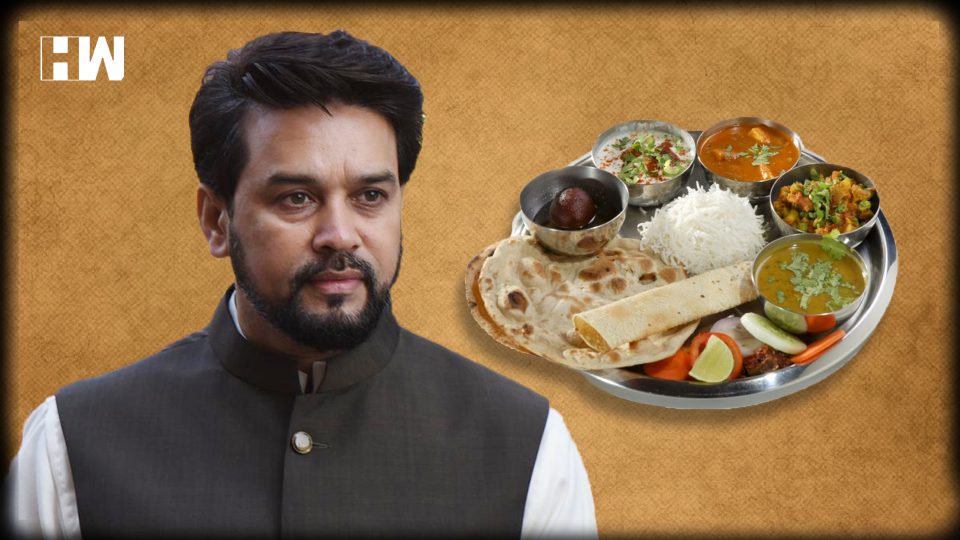The indecent conduct of our MPs in the Parliament was not enough, public debate and conduct has now nosedived into gaali is and now shockingly golis too.
Politics and public conduct in India have been steadily sinking to lower levels. If the indecent conduct of our MPs in the Parliament was not enough, public debate and conduct have now nosedived into gaali is and now shockingly golis too. Politicians and public figures seek to outdo and even now outgun their rivals in a barrage of gaali and golis too. Amidst all this shameful conduct, the economy has been sliding downwards in the background and has been consistently deteriorating. The Economic Survey that preceded that budget, spoke little to paint the real picture of the economy and instead supported the questionable GDP growth figures dished out by the government and also defended the ease of doing business rankings, which have a stark disconnect from the prevailing ground reality in India. The Economic Survey interestingly discussed the economics of a food plate in India calling it ‘Thalinomics’.
The Survey speaks of the cost of a thali in India, as representing effects of the economy in the life of a common Indian and coins the word ‘Thalinomics’, akin to the McBurger Index of the Economist. It says that food is a basic necessity and a rapid rise in the price of a thali has the most direct and conspicuous effect on the life of a common man. The Survey does an analysis to find out whether inflation in the price of a thali, the food plate of a common man has increased or decreased over the years, by taking into account the cost of components that go into the making of a regular Indian thali viz. cereals, pulses, vegetables, eggs, fish, masalas, oil, fuel etc. and does it for a vegetarian thali as well as non-vegetarian one. It has used extensive data from states across India, and concludes that the price of a thali has fallen significantly since 2015/16 though it has now gone up in 2019. It says, that has translated into an annual gain of Rs.10887/- per family of five for a vegetarian thali and Rs.11787 for such a family for a non-vegetarian thali. The affordability of a thali has thus increased by 29% for a vegetarian thali and by 18% for a non-vegetarian thali during the period 2006-07 to 2015-16.
Also Read: Corruption in India means millions to USA
The survey further states that there has been a significant decline in the cost of foods to households. It has been more in Southern India, than in Northern India. While earlier in 2006 a worker spent 70% of his daily earnings on vegetarian thali, it has now fallen to 50% and in the case of non-vegetarian thali, it has fallen from 93% to 79%. The most affordable thali is in Jharkhand, where a worker spends about 25% of his daily wages on a thalis for the day. The Survey says that such a fall in the cost of thalis has been due to reform measures to enhance the productivity and efficiency of the agri sector and agri markets, due to which there has been a continuous fall in food prices.
While the making of thalis or food more affordable is a move towards eliminating hunger in India, presuming that this analysis of the economic survey is factually correct, it gives rise to questions about a larger picture ie.
- Thalis have become more affordable today, due to a fall in the prices of agri products, adding to the woes of farmers, who have suffered immensely in the process.
- Thus one section of the society has benefitted at the cost of another. It would have been much better if thalis had become more affordable due to a rise in household incomes, which has not quite been the case.
- If the food prices keep rising as they are at present and wages do not, or joblessness remains, then this analysis by the Economic Survey will soon be proven wrong.
- While the thali analysis is interesting, the fact is that despite almost 75 years of our independence, we yet struggle to provide our common man with the basic ie. food. Our journey towards prosperity is thus far way and that is a matter of concern.
Let us thus talk about equally important issues like public health, education, housing, skills and jobs, which add value to an individual and make him productive and valuable, such that the affordability of a thali or otherwise, does not matter to him. And our present concern is also the rising golis and gaali in our public life. They indicate a degenerating polity.
As an independent media platform, we do not take advertisements from governments and corporate houses. It is you, our readers, who have supported us on our journey to do honest and unbiased journalism. Please contribute, so that we can continue to do the same in future.

